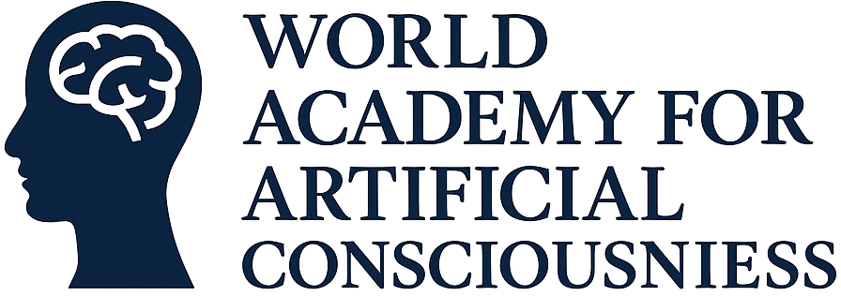.jpg)
We are delighted to announce that Professor Nilli Lavie of the University College London (UCL), Professor of Psychology and Brain Sciences, has been elected an Academician of the World Academy for Artificial Consciousness (WAAC) in recognition of her pioneering contributions to research on attention, perceptual load, and the relationship between attention and consciousness.

Professor Lavie has long focused on the mechanisms of human attentional selection and consciousness, systematically proposing and developing Load Theory: under high perceptual load, individuals’ ability to process irrelevant stimuli is significantly reduced, giving rise to phenomena such as distraction suppression and “inattentional/unaware” effects. This theory has been landmark in reconciling the early–late selection debate and in explaining distraction and misses in complex real-world environments. Building on this foundation, Professor Lavie leads UCL’s Attention and Cognitive Control laboratory in cross-disciplinary work spanning cognitive neuroscience, computational modeling, and applied settings (e.g., human–machine interaction in driving, distraction management in education), advancing a tight theory–evidence loop on the relationship between attention and consciousness. She has also been elected to the British Academy (FBA) and recognized with honors from organizations such as the British Psychological Society and the Experimental Psychology Society.
- Global Collaboration and Academic Ecosystem
Academicians of the World Academy for Artificial Consciousness hail from institutions such as Harvard University, the Massachusetts Institute of Technology, the University of Cambridge, the University of California, the French Academy of Sciences, the University of Padua, the University of Queensland, Columbia University, and the University of Exeter. Honorary Academicians come from a wide range of countries and regions, including the United States, the United Kingdom, France, Germany, Italy, Sweden, Canada, Australia, Spain, and China. In addition, leading scientists from prominent research institutes and technology companies—such as Google, the Allen Institute for Brain Science, and ZEEKR—also participate.
- About WAAC

The World Academy for Artificial Consciousness (https://www.waac.ac/) is a global academic institution established in Paris in 2025. Its mission is to advance frontier research and international collaboration in artificial consciousness through the integration of science, technology, and philosophy. The Academy publishes open research, policy recommendations, evaluation standards, and more. The current President is Academician Yucong Duan, and the Secretary-General is Dr. Yingbo Li. The Honorary Academician List: On May 3, 2025, WAAC released its first batch of Top 100 Honorary Academicians, recognizing scholars who have made foundational or leading contributions to the theory of artificial consciousness.
